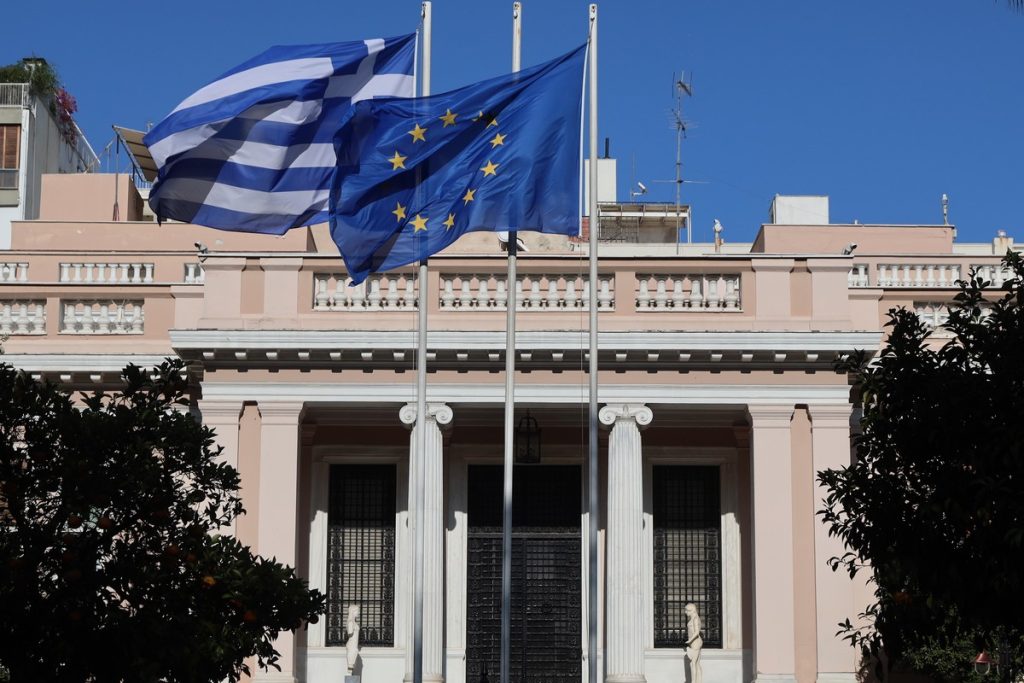In 1927, an Asia Minor merchant named Yorgos Kosmidis, who believed that Jewish merchants in Thessaloniki engaged in unfair competition, founded in the country’s second capital an “organisation for mutual assistance”, entitled “National Mutual Assistance Organisation”.
It was the well know 3 E, which according to the group’s charter, would accept only Christians as members. It was basically an anti-Semitic and anti-communist organisation, which found a receptive audience in Thessaloniki, and developed extremely rapidly.
Its members were distinguished by their brown shirts and aggressiveness. In 1931, they had about 7,000 members, and found willing support throughout Greece, including, of course, Athens.
With time, the organisation was approached by known divs of the era: Stylianos Gonatas, the Venizelist Leonidas Iasonidis, and Mikis Melas, who founded a branch of the group in Athens, headquartered in Kifisia.
The 3E adherents, with the tolerance of the authorities, based on the supposedly common anti-communist struggle, developed even paramilitary activity, participated in parades and led anti-Semitic, violent activities, which reached their peak in July, 1931, with the torching of the Jewish neighbourhood of Kabel, in the northern port city of Thessaloniki.
In 1933, 3E organised the “march to Athens”. About 3,000 “steel helmets” with brown shirts were gathered in trains and other means of transport of the era. It was well received by the bourgeoisie in the capital.
The only ones who reacted to that anti-Semitic and fascist invasion of the inter-war period was the then newfangled General Confederation of Greek Labour, whose members gathered at Athens’ Larisa Train Station, and welcomed 3E with stones. The clashes spread more generally, and Athens was literally covered with blood.
The group was dissolved during the Metaxas dictatorship, and regrouped in 1941, to assist in the heinous work of German occupation forces. The organisation shut down during the Metaxas dictatorship, and regrouped in 1941, in order to assist in the horrid work of the German occupation forces.
Obviously, there are no analogies to Sunday’s protest, yet passions and spirits are heightened. Their rhetoric is inflammatory and some of the rally organisers are dominated by anti-political rhetoric, and their urgings are alien to contemporary, peaceful Greek life.
On the opposite side, we have aggressive powers, ready for an argument and clashes. In that sense, the danger of incidents and clashes is not negligible.
The main responsibility belongs to the police and the public order ministry, who must take all necessary measures to ensure a calm protest without incidents.




